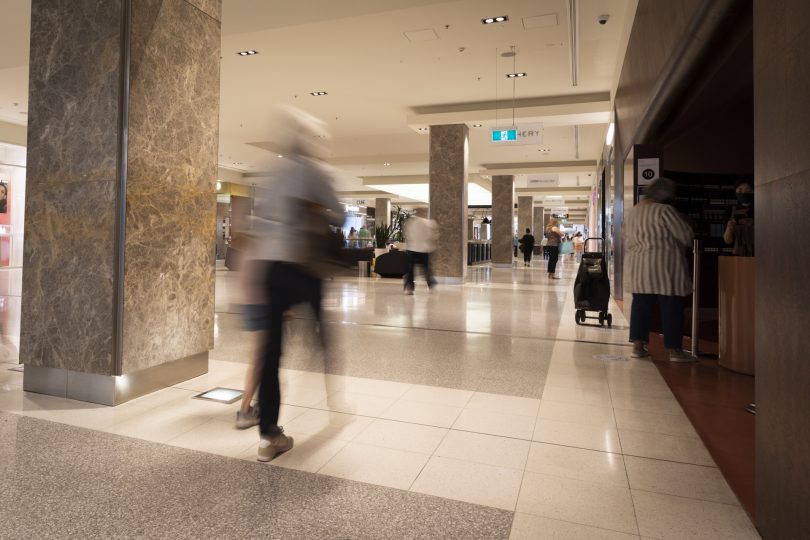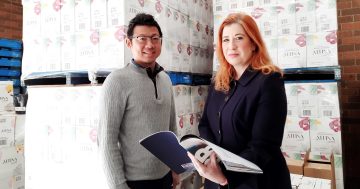
Shops are open, but businesses are struggling. Photo: Thomas Lucraft.
The ACT Government has extended a range of business supports this week, but the Canberra business community says it’s not enough to save many from closing permanently.
Among the announcements, the closing date of the Small Business Hardship Scheme has been extended from 31 January to 28 February.
The scheme provides up to $10,000 in reimbursements for water, electricity, gas and commercial rates bills if there has been a 30 per cent decline in revenue for businesses with an annual turnover of between $30,000 to $2 million. Businesses that have already received a payment can reapply for support.
Additionally, the food business registration fee waiver and the annual licence fee waiver for liquor licences have been extended from 31 March to 30 June for nightclub, restaurant and café, bar, general, catering special and club liquor licences.
Live music venues will also have the opportunity to apply for extra government funding later in the year with $500,000 worth of grants to be made available via a second round of the Amp It Up! fund.
“The Government has committed more than $475 million in government assistance since the beginning of the pandemic to support local businesses,” Minister for Business and Better Regulation Tara Cheyne said.
“As part of the extension of the Small Business Hardship Scheme, businesses can now claim for expenses during January and February 2022 up to $10,000 per ABN.”
RSM Australia senior manager Young Han welcomed the extension of the support measures but said she is concerned that it won’t be enough to help many small businesses survive.
“The biggest complaint we get from business is they must pay the bills first in order to receive payment. This affects their cash flow at a time when income is low and expenses are getting higher.”
For smaller businesses, Ms Han said the scheme offers only limited opportunities for reimbursement.
“Unless the business is a decent size, they won’t be able to get the full $10,000 benefit. A small business is not going to have that many claimable expenses.
“This is such a big issue. Many Canberra small businesses are mum and dad, family businesses and their businesses are dying.”
Ms Han said many businesses are facing escalating costs, in some cases as much as 30 per cent increases on supplies, while people are not coming out to purchase goods or services.
“They are finding it hard to find staff, costs are going up and there are no customers. Raising prices is just going to drive customers away and will not solve their cashflow problems.”
Canberra Business Chamber CEO Graham Catt agreed.
“Businesses are really hurting, particularly customer-facing businesses,” he said.
“While there is no health directive in place, the general message the government is sending is about risk. As a result, people are focused on dialling down their risk and not going out. They are not showing up and not spending.
“While the government has pointed to the solid economic numbers for November and early December, these figures should be seen in context against the lockdowns in the months previous, so that was essentially a catch-up,” Mr Catt said.
“Here we are in January, and while there is no official lockdown, many businesses are facing lockdown-style trading conditions. In some cases, it is just not viable or even possible to open their doors.
“Under normal trading conditions, the summer months set businesses up for the rest of the year, but right now, that is not happening.”
Mr Catt said the Canberra Business Chamber has been calling for a wide range of supports.
“We do understand the constraints of the ACT Government with the lack of federal funds, but we would like the government to consider how messaging is critical to how the consumer is thinking and the impact their messaging has on the consumers at this critical time for many Canberra businesses.”















